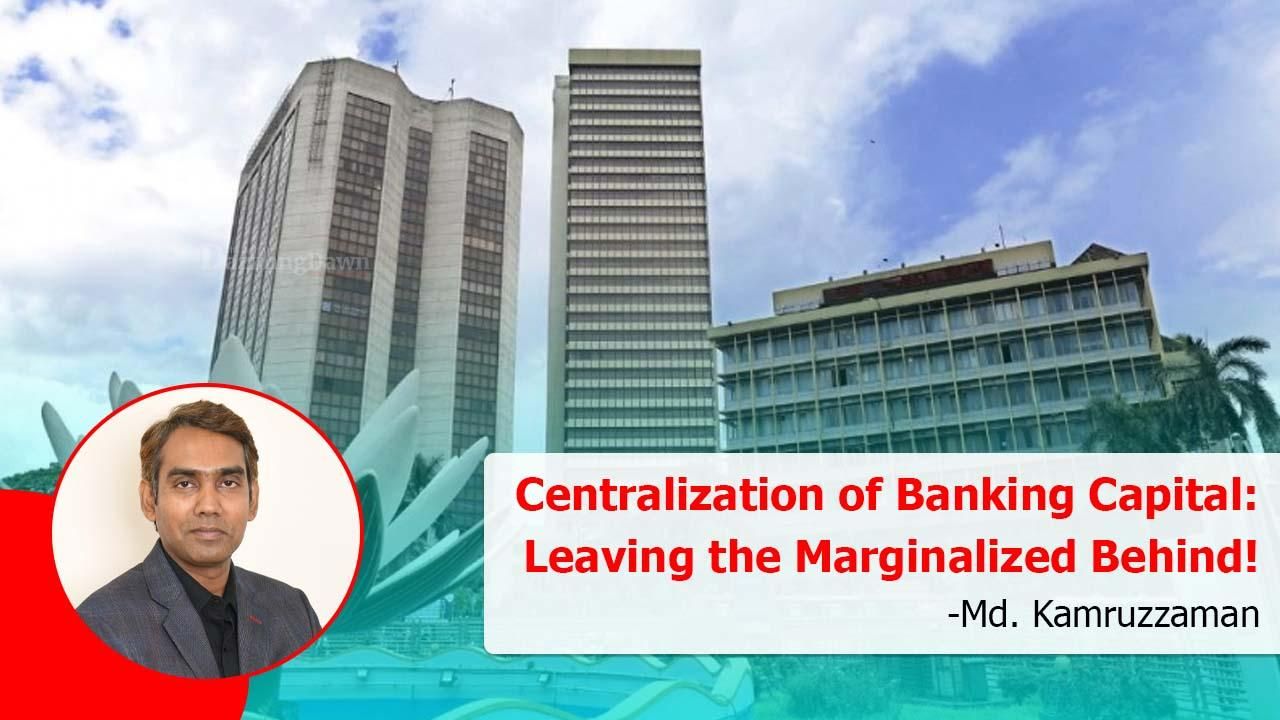Delhi has begun making plans to keep the former prime minister Sheikh Hasina permanently in India, as opposed to moving her to a third nation. This has been verified by multiple trustworthy Indian government sources for certain media outlets. In recent days, different media and newspapers in Bangladesh have reported that Sheikh Hasina is leaving India and heading to a Middle Eastern country at any time. It is also reported that she has already relocated to the UAE city of Ajman, where Narayanganj's Awami League leader Shamim Osman owns a home and resides. Bangladesh's Foreign Affairs Adviser in Dhaka, Towhid Hasan, stated that they had inquired about the former prime minister's whereabouts in both India and the UAE but have received no 'confirmation'.
As usual, after her remarks, rumors regarding Hasina's whereabouts grew. Given this context, a thorough investigation conducted in Delhi revealed that Hasina had not left India at all. As usual, following her words, suspicions about Hasina's whereabouts spread. Given this context, a thorough investigation conducted in Delhi found that Hasina never left India.On August 5, she made an unusual landing at Hindon airport in Delhi. Since then, she has been staying in India's capital, accompanied by her younger sister, Sheikh Rehana. Her attitude has not altered, even though they are in Delhi—information that the Indian government has never disclosed.
Now that Hasina has been in Delhi for two months, what will happen to her? Has any decision been made by the Indian government? The answers to this question involve at least three different factors.
To begin, Sheikh Hasina's search for a safe haven in a third country is still ongoing. In this context, India has had 'informal' discussions with Qatar, Saudi Arabia, the Emirates, and two or three tiny European countries. But in the end, no address that is'suitable' for Sheikh Hasina has been found yet, fulfilling all the conditions.
In a few cases, the talks were far advanced, but in the end there was no 'breakthrough'. However, that does not mean that India has completely given up on that endeavor. The other choice is to part ways with Sheikh Hasina, who will remain in India for a while. India doesn't even need to declare her "status" publicly in order to retain her for an extended period of time.
The 45-day visa-free stay in India on a diplomatic passport is also not applicable here, as India considers Sheikh Hasina to have entered India 'completely legitimately' and thus has the right to enable her to stay for as long as she wishes. Making such an arrangement for a prominent figure and honoree is not a problem for India.
The third option is to grant Sheikh Hasina "political asylum," allowing her to remain in India indefinitely or for however long she pleases. India has already housed Tibetan cleric Dalai Lama and Afghan President Mohammad Najibullah's family in this manner, despite the fact that such a decision could have a negative impact on relations with China and Afghanistan. A similar effort is expected to be made in the case of Sheikh Hasina, but it may harm Delhi's ties with the current government in Dhaka. India must evaluate this problem before offering Sheikh Hasina political refuge. However, if the government does make that decision, it will do so after consulting with all of India's major political parties. Sheikh Hasina has strong relationships with practically all major groups in India, including the Congress, which gives her a significant advantage. Her personal rapport is also strong with the Gandhi family, the Congress' first family. It follows that the proposal to grant him political shelter is likely to obtain the backing of all Indian parties and be decided upon in a "unanimous" manner. It is also possible to organize an all-party meeting for this purpose in India during the winter session of Parliament, which runs from November to December. The first of these three choices is not totally within India's control because it is also dependent on the conditions of the third country. However, the other two alternatives are entirely in the hands of India. Delhi is gradually preparing for the possibility that Sheikh Hasina will eventually need to remain in India for an extended period of time, based on this observation.
------------------------------
Author: Kaberi Maitraya, Senior Reporter, Ekattor Telavision
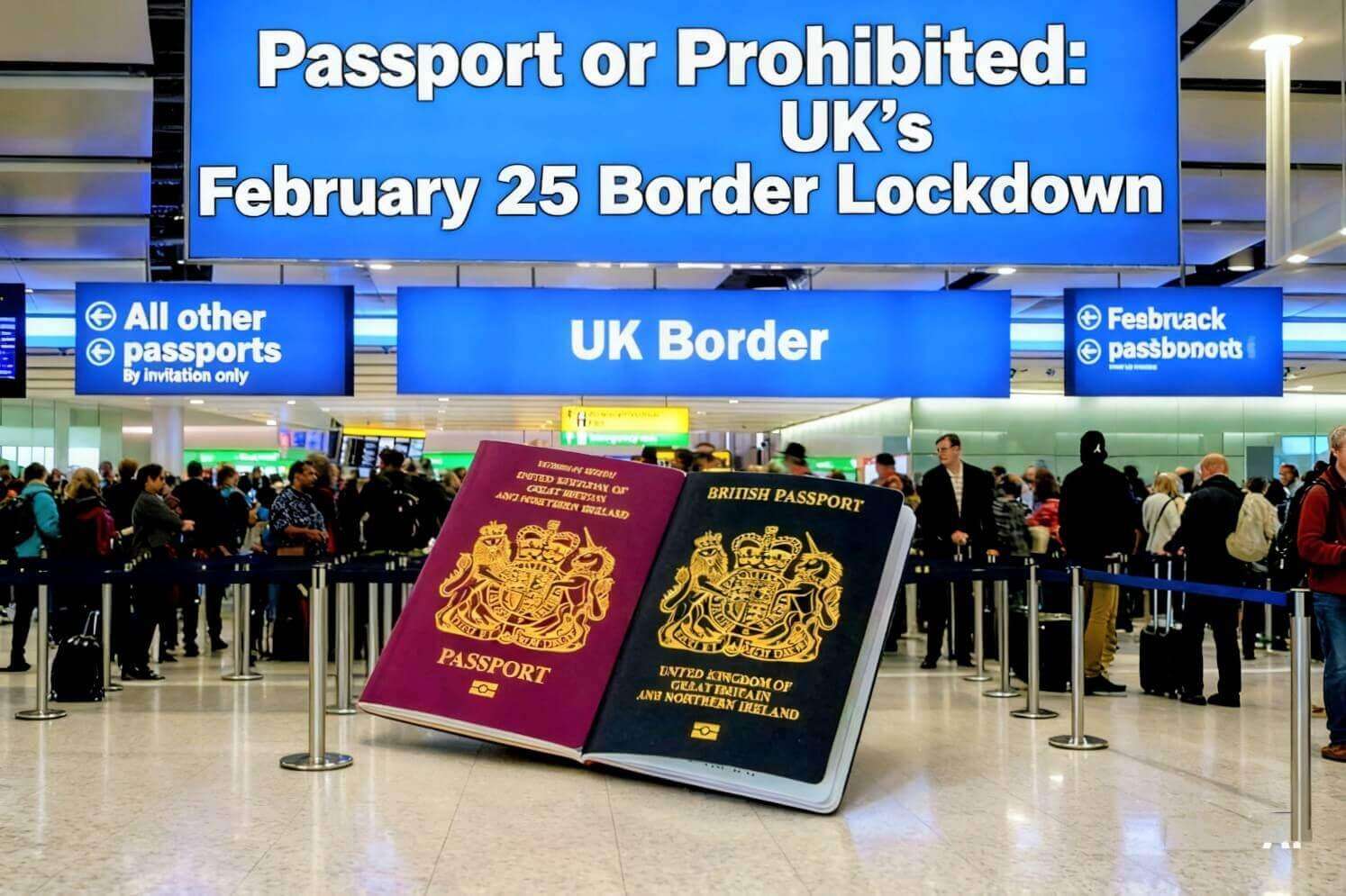

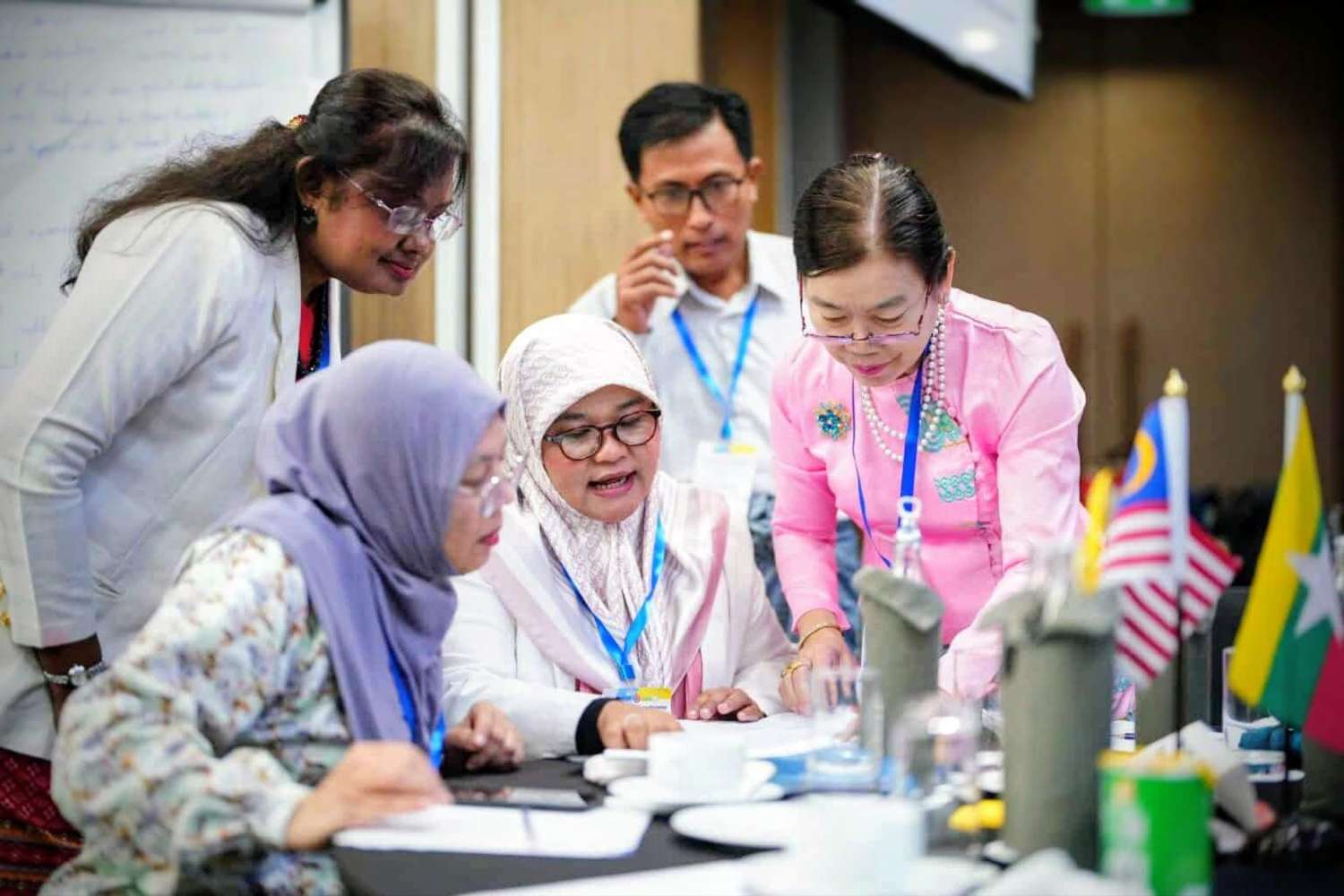
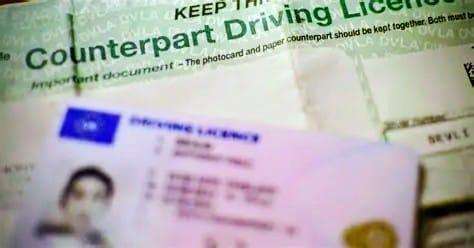
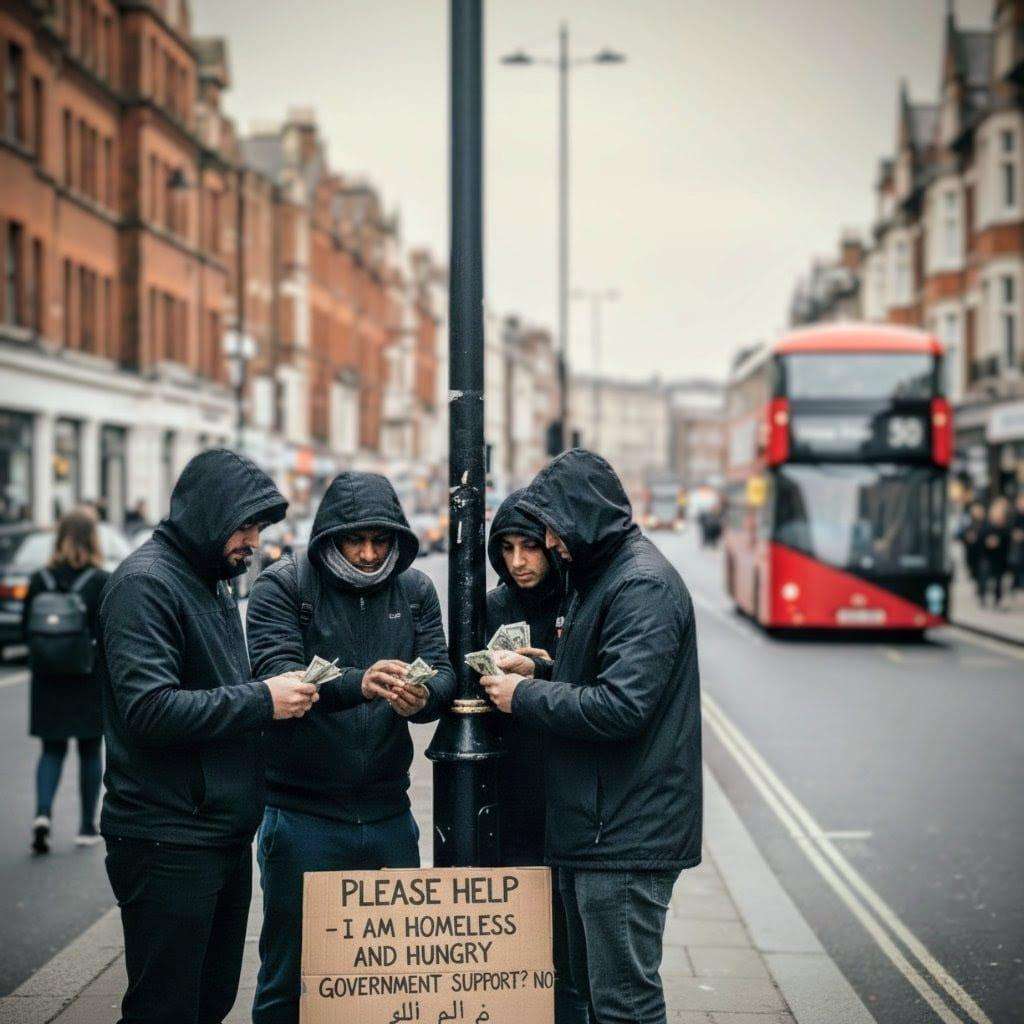

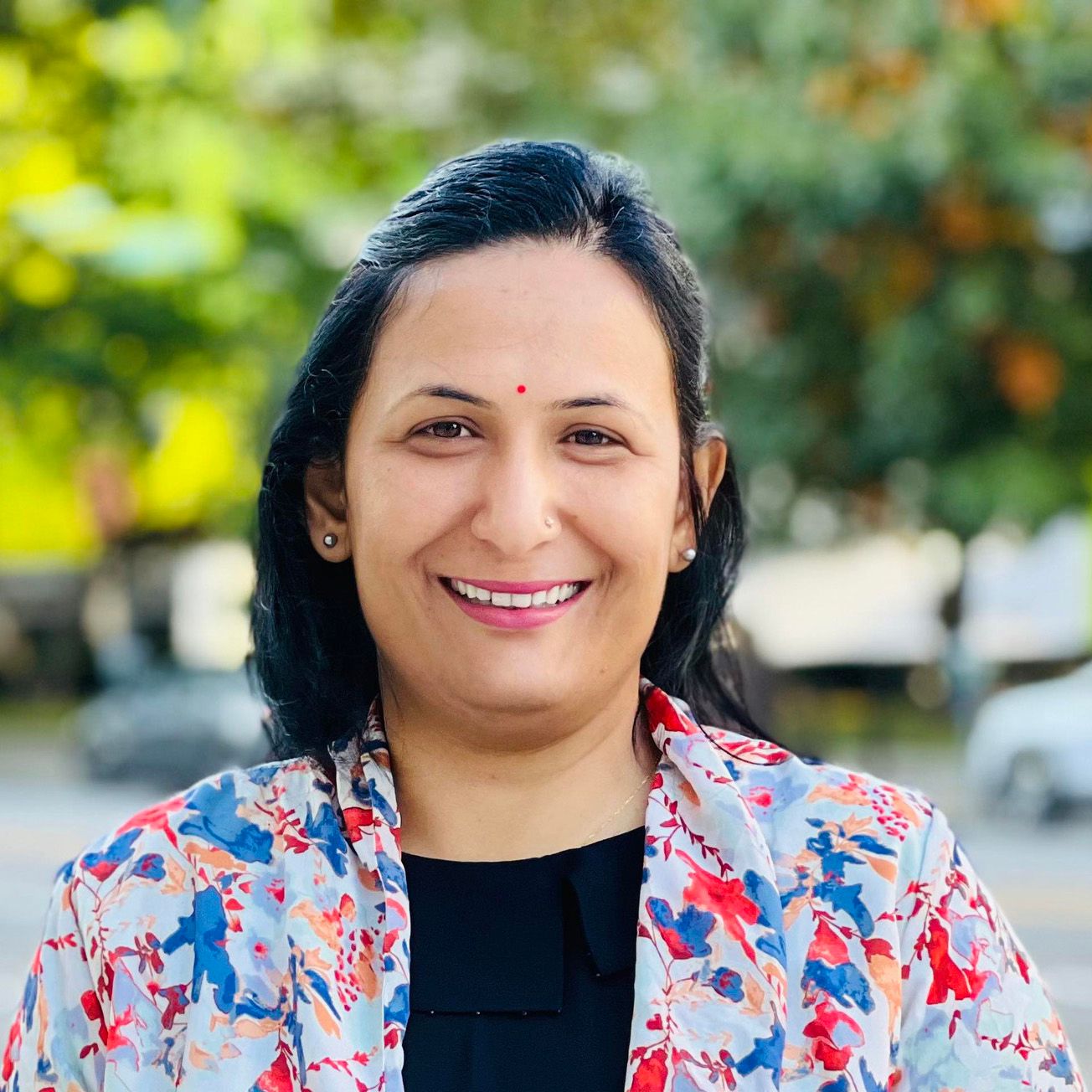

.svg)

